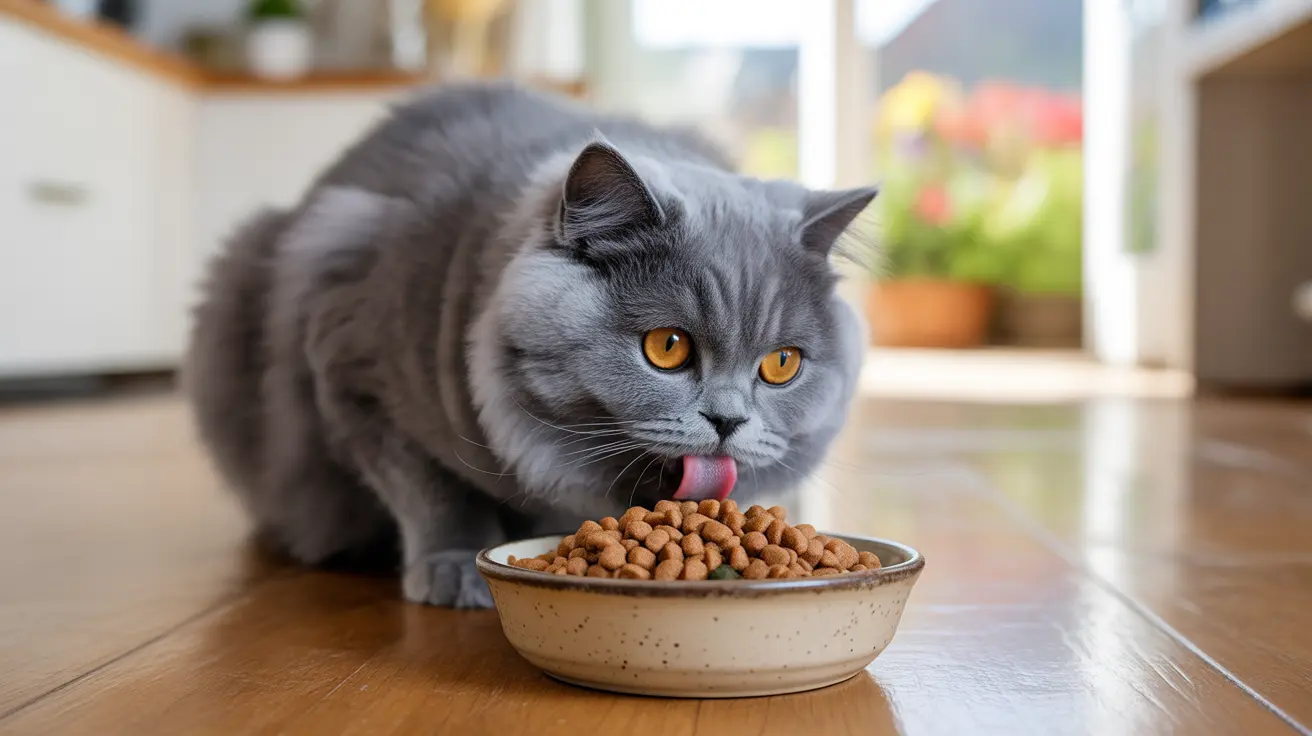The Complete Cat Digestion Timeline
For most healthy adult cats, the complete digestive process takes between 10-24 hours, though it can extend up to 35 hours in some cases. This timeline varies based on several factors, including the type of food consumed and your cat's individual characteristics.
Stage 1: Initial Digestion (0-3 Hours)
When your cat first eats, food enters the stomach where it's broken down by powerful digestive enzymes and stomach acid. This process typically takes 1-3 hours, during which the food is transformed into a substance called chyme.
Stage 2: Nutrient Absorption (3-15 Hours)
The chyme moves into the small intestine, where most nutrient absorption occurs. This crucial phase can last 8-12 hours as the body extracts essential vitamins, minerals, and proteins from the food.
Stage 3: Final Processing (15-24+ Hours)
The remaining material enters the large intestine, where water is absorbed and beneficial bacteria process any undigested components. This final stage typically takes 12-24 hours before elimination occurs.
Factors That Affect Digestion Time
Food Type and Consistency
Wet food generally digests faster than dry kibble due to its higher moisture content and softer texture. Raw diets may have different digestion times depending on their composition and preparation.
Age and Health Status
Kittens typically digest food more quickly than adult cats due to their faster metabolism. Senior cats or those with health issues might experience slower digestion times.
Individual Characteristics
Each cat's digestive system is unique, influenced by factors such as:
- Activity level
- Overall health
- Stress levels
- Metabolic rate
- Presence of underlying conditions
Signs of Healthy Digestion
A cat with healthy digestion will typically:
- Maintain a consistent appetite
- Produce well-formed stools
- Show regular elimination patterns
- Display normal energy levels
- Maintain a healthy weight
When to Be Concerned
Watch for these signs of digestive issues:
- Vomiting shortly after eating
- Diarrhea or constipation
- Significant changes in appetite
- Lethargy or unusual behavior
- Visible discomfort after meals
Supporting Your Cat's Digestive Health
To optimize your cat's digestion:
- Feed high-quality, appropriate portions
- Maintain consistent feeding schedules
- Ensure fresh water is always available
- Consider probiotics when recommended
- Monitor litter box habits regularly
Frequently Asked Questions
How long does it take for a cat to fully digest food from eating to elimination?
A healthy cat typically takes 10-24 hours to fully digest food, though this process can extend up to 35 hours in some cases. The complete digestive journey includes initial breakdown in the stomach, nutrient absorption in the small intestine, and final processing in the large intestine.
Does the type of food (wet vs. dry) affect how quickly cats digest their meals?
Yes, wet food generally digests faster than dry food due to its higher moisture content and softer texture. Dry kibble requires more time for breakdown and processing in the digestive system.
What factors can influence the speed of digestion in cats?
Several factors affect digestion speed, including food type, meal size, the cat's age, overall health, activity level, stress, and individual metabolism. Health conditions and medications can also impact digestive timing.
How can I tell if my cat is having digestive problems or a slow digestive transit?
Watch for signs like changes in appetite, vomiting, diarrhea, constipation, lethargy, or visible discomfort after eating. Significant changes in litter box habits can also indicate digestive issues.
What are the stages of digestion in a cat's body, and how long does each phase last?
Cat digestion occurs in three main stages: stomach processing (1-3 hours), small intestine absorption (8-12 hours), and large intestine processing (12-24 hours). The entire process typically takes 10-24 hours but can extend longer in some cases.






